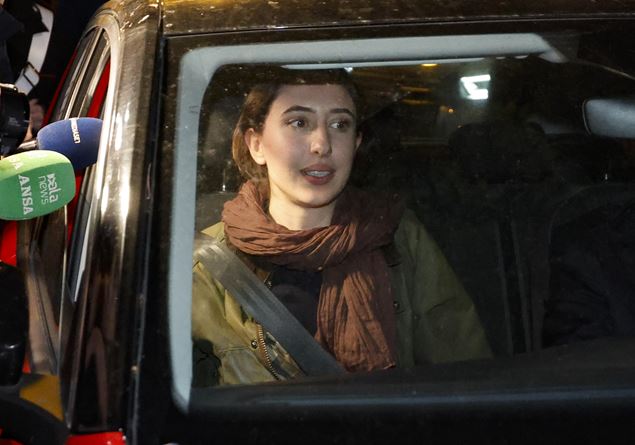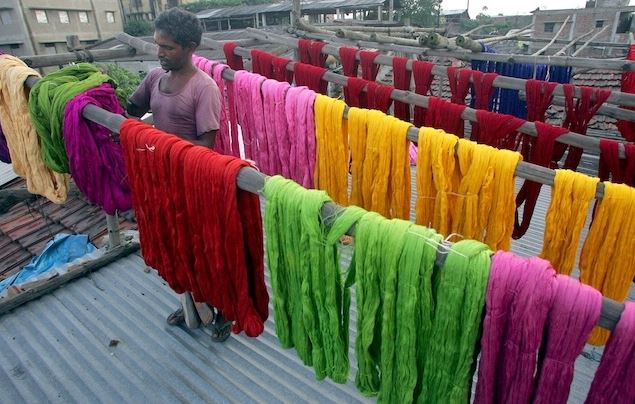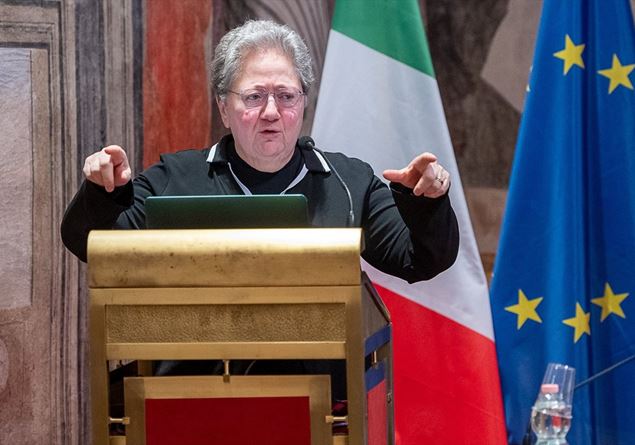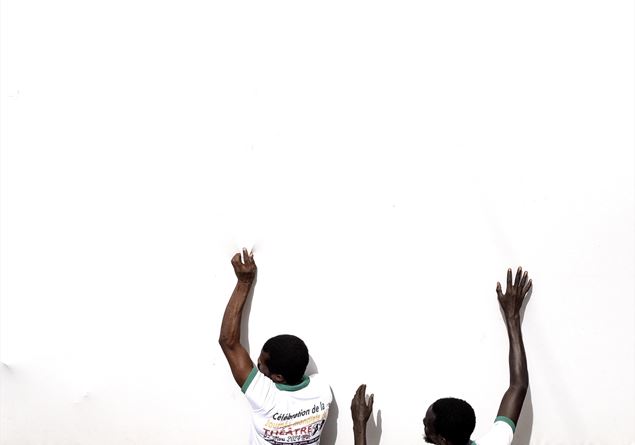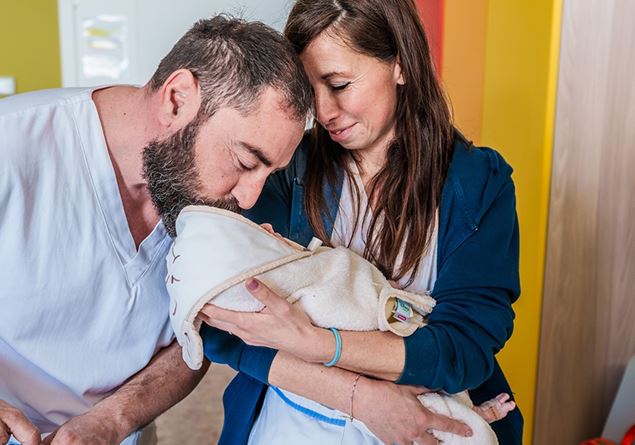«I’m confused, very happy, I have to get used to it again. This night I didn’t sleep out of joy, while in recent nights I didn’t sleep out of anguish. But I’m fine.” After 21 very long days of waiting, Cecilia Sala’s voice resounds again on her podcast «Stories», published on Chora Media. The journalist – arrested on 20 December in Tehran, Iran, on a generic charge of “violating Islamic law” and released on Wednesday at the end of a delicate diplomatic work – she told today, in conversation with the director of Chora Mario Calabresi in episode number 694 of the podcast, some moments of her three weeks of detention inside the infamous Evin prison. There are many things he cannot tell her due to the investigations still underway, his voice often cracks when remembering especially the hardest moments of imprisonment, but this first testimony from Cecilia Sala after her return to Italy is striking in every single word.
«When you’re in there you have nothing to do, you don’t get tired, you don’t feel sleepy. An hour feels like a week. So I started counting the days, reading the ingredients of the bread. I asked for a book to read, to immerse myself in a story that wasn’t my own. Only in the end did they give it to me Kafka on the beach by Murakami. Reading saved me. Then when I heard it I asked my partner Daniele to buy it too. So that I can be in the same place with my head without being in the same place with my body”, says the reporter who then confirms the rumors about the various deprivations suffered. «I asked for contact lenses or glasses but they only gave them to me for the last two days. I couldn’t write because the pen is considered a potential weapon, as is the glass in glasses. I slept without pillows and mattresses. Sleeping was worse than eating. Persian cuisine is fabulous for me, certainly in prison it’s not like outside. I ate a lot of rice.”
What Cecilia Sala inevitably was able to do, in the situation she found herself in, was to think. A lot. And the thoughts did not always go in the happiest direction: «Although I had never been physically threatened, I also thought I might die. I made positive and negative predictions about my fate and I certainly didn’t think I would be freed so soon.” Among Sala’s many thoughts are also those linked to the accusations against her, never really specified and still to be clarified but always extremely dangerous in a state like Iran: «I have taken into consideration being accused for publicity against the Islamic State and also of much more serious facts. Instead they only told me that they were accused of illegal actions in many different areas. They interrogated me every day for the first two weeks. About things they really wanted to know and also about others to confuse me.” In some moments, however, the Italian journalist managed to find a smile and comfort from small elements: «I laughed twice in Evin. The first when I saw the sky from the prison courtyard and then when I heard the sound of a bird. In prison, silence is the enemy.” Furthermore, in the last days of his imprisonment another woman arrived in his cell, an Iranian accused of being an opponent of the regime: «She didn’t speak much English, I spoke little Farsi. We hugged each other, smiled at each other and tried to laugh. We looked up at the window many times and braced ourselves together. When they told me that they would free me, before rejoicing, I had many confused feelings. That woman would be alone once I left. I felt the guilt of the lucky ones. You were all very good. My family, you colleagues, the government, diplomacy.”
To Calabresi’s specific question whether his arrest could be linked to that of Mohammad Abedini, the Iranian engineer arrested 3 days before the reporter in Milan with a US extradition warrant, Sala responds clearly: «I thought they could use me for that reason. I thought I would stay in Evin for a long time. There are a lot of people who have been there for a long time.” And it was precisely these people that the journalist thought about after her release and continues to do so even now: «When we go to Iran or Ukraine to report and work, we can then choose to return home. Whoever lives there can’t do it. In these twenty-one days I have lost this privilege and this has made me take on greater responsibility towards these people and their situation.”
Now Cecilia Sala is unlikely to return to Iran, but her thoughts towards that place have not changed: «I continue to love Iran, nothing has changed. I also love Iranian women who proudly wear the veil, but who fight against those who intimidate girls who don’t wear it. I love Iran in its complexities. My understanding of the country hasn’t changed, I just feel more nostalgic for many friends who live there.”





